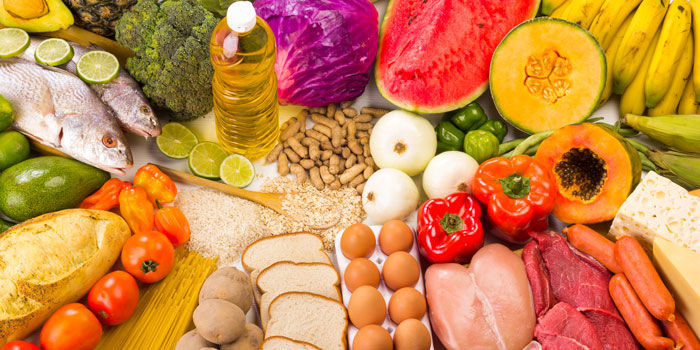
Good Mood Food
Good Mood Food
Could what you eat influence your mood? Put simply, yes. A new study conducted at Deakin University and published this year suggests that eating more whole foods and less junk food may reduce severity of depression.
The ‘SMILES’ trial was a 12-week randomised controlled trial which used personalised dietary advice and nutritional counselling support from a nutrition specialist centred around the ‘ModiMedDiet’ (Modified Mediterranean Diet), a diet based on a combination of the Australian dietary guidelines and the dietary guidelines for adults in Greece. The primary focus was increasing dietary quality by supporting the consumption of the following 12 key food groups:
Whole grains (5-8 servings per day)
Vegetables (6 servings per day)
Fruit (3 servings per day)
Legumes (3-4 servings per week)
Low fat and unsweetened dairy foods (2-3 servings per day)
Raw and unsalted nuts (1 serving per day)
Fish (at least 2 servings per week)
Lean red meat (2-4 servings per week)
Chicken (2-3 servings per week) and eggs (up to 6 a week)
Olive oil (3 tablespoons per day)
The following foods were recommended to be reduced (not completely eliminated!):
Sweets
Refined cereals
Fried food
Fast food
Processed meats and sugary drinks (no more than 3 per week)
Red or white wine, beer and spirits: No more than 2 standard drinks per day.
Participants in the trial experienced an improvement in their mood highlighting that improving one’s diet according to current dietary recommendations may be a useful and accessible strategy for addressing depression.
Jacka, F et al. 2017, A Randomised Controlled Trial of Dietary Improvement For Adults With Major Depression (The ‘SMILES’ Trial), BMC Medicine, Deakin University, Geelong, VIC, AUS.
 Contemporary Healthcare
Contemporary Healthcare